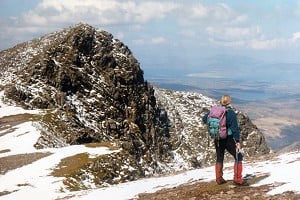
In June I wrote about Starlight and Storm – a book about very nice mountains, by someone who comes across as a very nice man, written with love. (Please don't tell me that in real life Rébuffat was a bad tempered git who was unkind to cats). 'Regions of the Heart', the biography of Alison Hargreaves by David Rose and Ed Douglas, plays out across the same six Great North Faces. But it's an altogether harsher read, seasoned with bitter herbs.
The word 'tragedy' is applied unthinkingly to anybody who dies. And 'travel writing' is someone who got a freebie to Cancun in exchange for 2000 words in an in-flight magazine. But travel writing is also Bruce Chatwin. And tragedy is also King Lear and Othello. Alison Hargreaves is, or comes close to, tragedy in that full Shakespearean sense: a tale of pity and horror, a noble soul brought low by circumstances, but also by her own flaws.
Back in 1995, the world was stirred briefly by the story of a mother leaving behind two young children, to die on K2. It prompted many of us to wonder why we don't see headlines like "Father of two dies on Everest" – and a few to think that yes, there really ought to be more disapproval of that father of two.
Othello isn't just about race. And Hargreaves' story isn't just about gender issues. To start at the beginning:
As a teenager at the end of the 1970s, Hargreaves was a talented rock climber in the Peak District and Wales, 'full of energy and joy'; she was just beginning to discover ice climbing and the Alps. She was also an A-grade student, now facing a choice. Oxford University, a fulfilling middle-class life and quite a lot of climbing lay ahead; or she could try to climb full time.
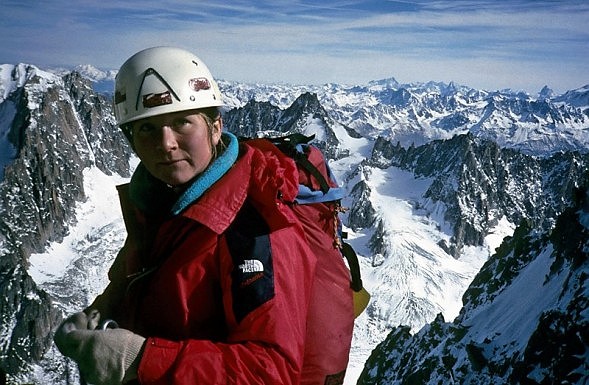
Like Chris Bonington 20 years before, she chose to climb. On her 18th birthday she left home abruptly – in effect she divorced her parents – and moved in with Jim Ballard, owner of a local climbing shop. Ballard was not an especially good climber, a smoker, twice her age and already married to someone else.
The authors of Regions of the Heart don't like Jim Ballard. They portray him as lazy and insecure, an abusive husband who as Alison's manager undermines her morale while driving her to ever tougher and more dangerous challenges. Well, his business was failing and he needed her income. But Alison also drove herself, to be not just a climber, but a top climber. In the 1970s, already, this didn't just mean a full-time regime of training and practice. It also meant continuous self-promotion. Hargreaves had the talent, and the determination. She – and Jim – were crap at the PR.
She focussed on the great mountain challenge of the previous generation: the six great north faces celebrated in 'Starlight and Storm'. She would become the first woman – no, the first person – to climb all six of them, solo, in a single summer.
She sold the book 'A Hard Day's Summer' in advance, and £3000 disappeared into the debts of Ballard's shop. A tremendous mountaineering achievement – if she could do it. But also dangerous, especially if the time schedule forced her to climb through bad weather and avalanches. Which it did. Even so, she climbed five of them. But on the sixth, and most serious, she fudged it. The Eiger just wouldn't come into condition, and she climbed instead the north-east spur, the Lauper Route.
But much worse than that. Just at the wrong moment, a woman called Rebecca Stephens became the first British woman to climb Everest. Compared with Hargreaves' achievement, Everest is a snow plod, and Stephens climbed it with guides, fixed ropes and oxygen. But she had the contacts as a working journalist, an engaging writing style, and a list of 96 sponsors from Apple Computing to Uni-Vite nutrition.
Hargreaves couldn't compete with the PR. But she could certainly ramp up the mountaineering. And so circumstances, Ballard, and her own character drove the woman once so full of energy and joy into projects ever more miserable and dangerous. In 1995 she set out to climb Everest, K2 and Kangchenjunga, the three highest mountains on Earth, unaided, in a single season.
First came Everest, solo, without bottled oxygen. And here's the irony. This astonishing climb did, at last, gain her the recognition and sponsorship she'd struggled without for so long. But she was already committed to her project. After Everest, K2…
This is a story that goes on beyond the book. Tom Ballard, the son she left behind, became a climber as talented as his late mother. He would be the first to solo the six Alpine north faces in a single winter, before dying just last year on Nanga Parbat.
- Mountain Literature Classics: Of Walking in Ice by Werner Herzog 15 Feb
- Mountain Literature Classics: South Col by Wilfrid Noyce 9 Jan
- My Favourite Map: Geology Plus Glaciers 11 Dec, 2023
- Mountain Literature Classics: Free Solo with Alex Honnold 29 Nov, 2023
- Mountain Literature Classics: That Untravelled World by Eric Shipton 3 Aug, 2023
- Mountain Literature Classics: Sir Gawain and the Green Knight 4 May, 2023
- Mountain Literature Classics: Menlove 9 Mar, 2023
- Mini Guide: The Cheviots 27 Feb, 2023
- Mountain Literature Classics: Basho - Narrow Road to the Deep North 12 Jan, 2023
- Mountain Literature Classics: Conquistadors of the Useless by Lionel Terray 17 Nov, 2022

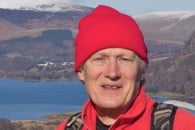

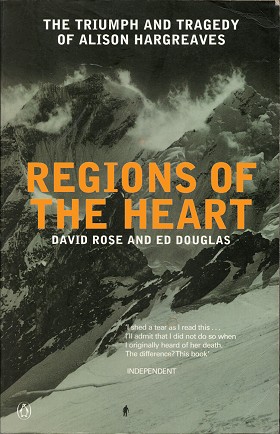
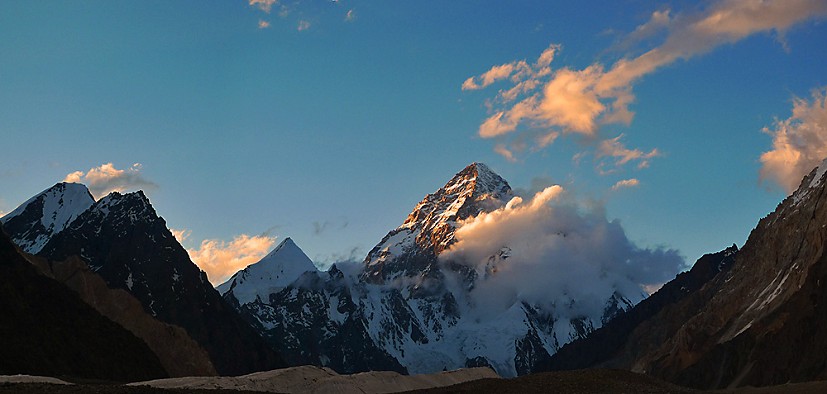
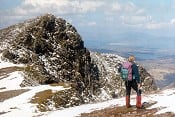


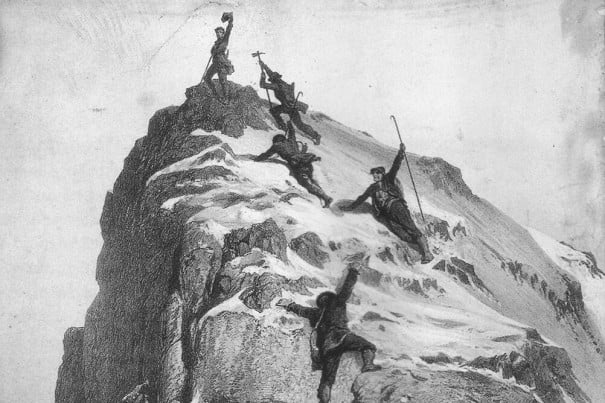
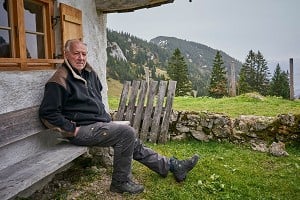
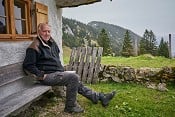
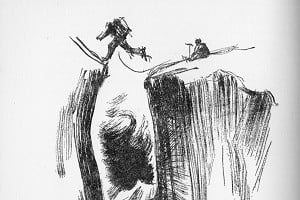
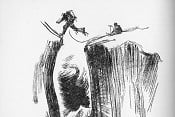
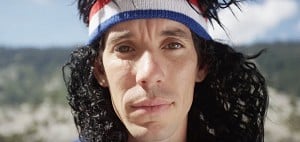

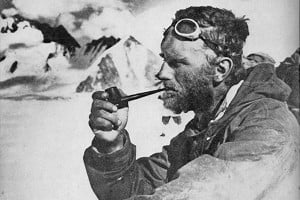
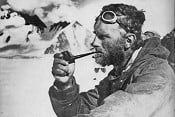
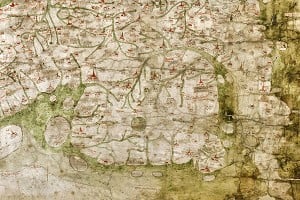
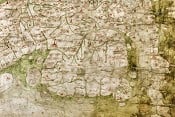
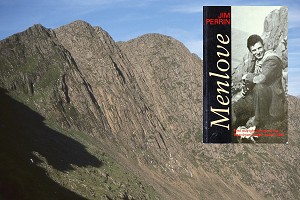
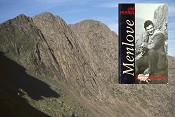
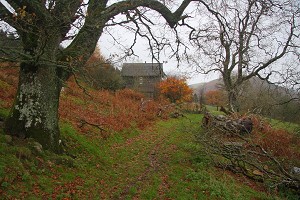
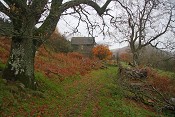
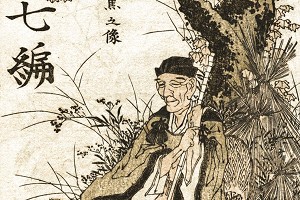
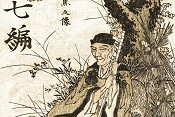
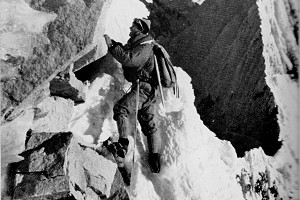
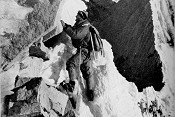
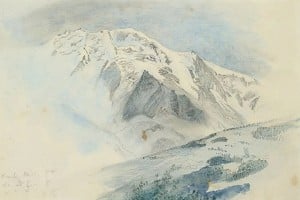
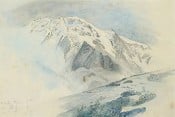
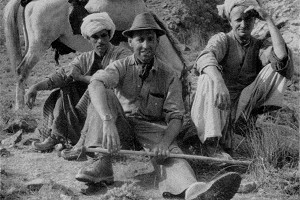
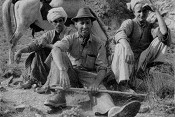
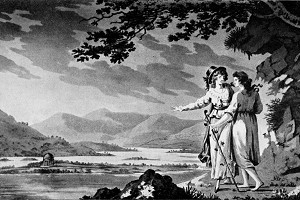
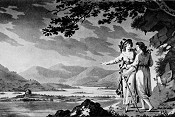
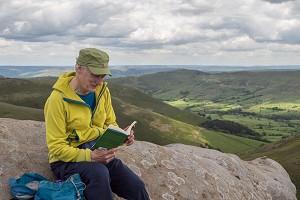
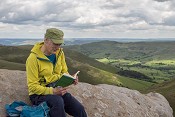
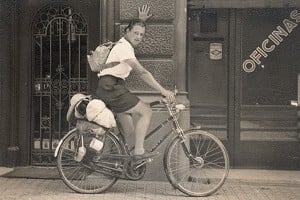
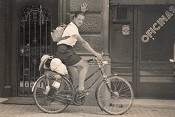
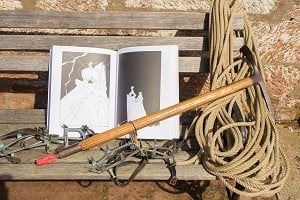
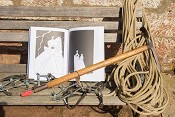
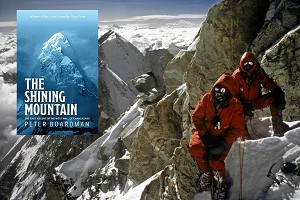
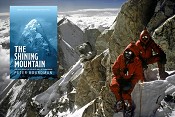
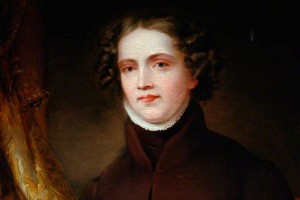
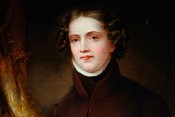
Comments
A good overview - although it doesn't make me want to rush out and grab a copy, although it looks to be well written from a quick look on that book website. Starlight and Storm, which I don't recall reading, seems the better deal.
Nevertheless, that is a tragic story that will be repeated again and again in this media-heavy world. It is hard to imagine the importance of PR as far back as the seventies, but it has likely always been thus.